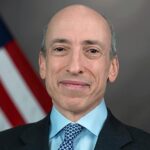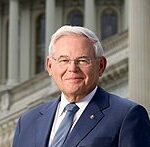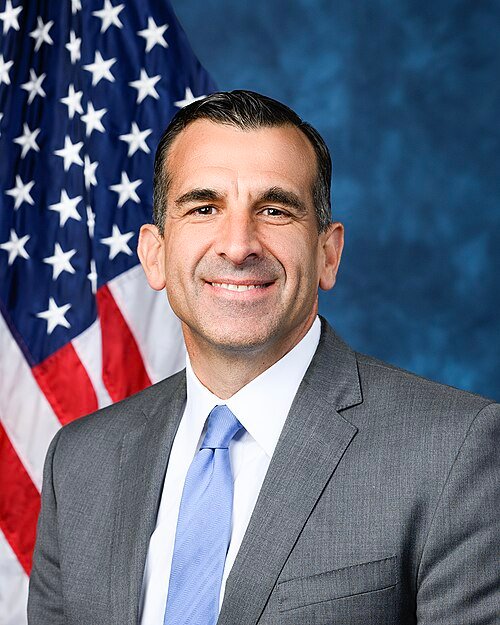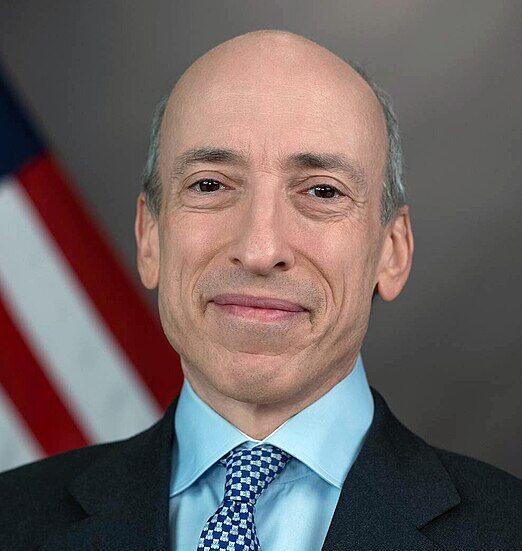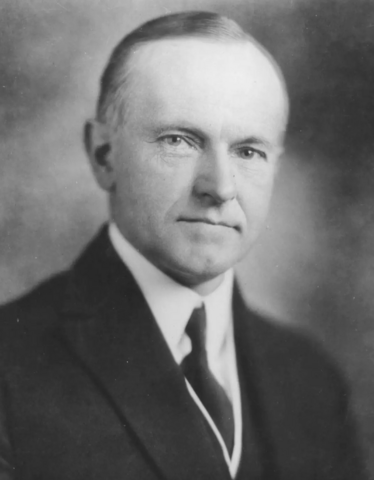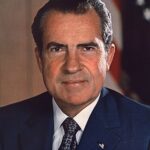
Richard Milhous Nixon served as the 37th President of the United States from 1969 to 1974, a tenure marked by significant international achievements, domestic policy initiatives, and ultimately, a scandal that led to his resignation. Here is an in-depth summary of his presidency:
Early Political Career and Rise to Presidency:
Born in Yorba Linda, California, in 1913, Nixon had a humble beginning. He graduated from Whittier College and Duke University Law School before entering politics. Nixon first gained national prominence as a U.S. Representative from California, where he was known for his aggressive anti-communist stance, particularly during the Alger Hiss case. He then served as a U.S. Senator before becoming Dwight D. Eisenhower’s Vice President in 1953. After losing the 1960 presidential election narrowly to John F. Kennedy and an unsuccessful run for California Governor in 1962, Nixon made a political comeback to win the presidency in 1968, defeating Hubert Humphrey.
Foreign Policy:
- Vietnam War: Nixon inherited the Vietnam conflict, which had become deeply unpopular. He implemented the “Vietnamization” policy, gradually withdrawing U.S. troops while strengthening South Vietnamese forces. However, his expansion of the war into Cambodia in 1970 led to widespread protests and the Kent State shootings, increasing domestic turmoil.
- Détente with the Soviet Union: Nixon pursued a policy of détente, easing Cold War tensions. The Strategic Arms Limitation Talks (SALT I) resulted in the Anti-Ballistic Missile Treaty and an interim agreement on nuclear weapons.
- Opening to China: Perhaps one of Nixon’s most notable achievements was his visit to the People’s Republic of China in 1972, marking the first time a U.S. president visited the country. This opened diplomatic and economic relations between the two superpowers, significantly altering global politics.
- Middle East: Nixon supported Israel during the Yom Kippur War of 1973, which included a massive airlift of military supplies. This action helped cement the U.S.-Israel relationship but also placed him in a delicate balance with Arab nations.
Domestic Policy:
- New Federalism: Nixon aimed to decentralize federal power by transferring more responsibilities to state and local governments, notably through revenue-sharing programs.
- Environmental Initiatives: Despite his conservative leanings, Nixon established the Environmental Protection Agency (EPA) in 1970 and signed the National Environmental Policy Act, leading to significant environmental legislation like the Clean Air Act.
- Economic Policy: He took the U.S. off the gold standard and introduced wage and price controls to combat inflation, although these measures had mixed results.
- Social Policies: Nixon expanded affirmative action with the Philadelphia Plan, aimed at increasing minority employment in construction jobs. He also made strides in health care with proposals that influenced later health policy discussions.
Watergate Scandal:
The defining event of Nixon’s presidency was the Watergate scandal:
- Break-in: In June 1972, operatives linked to Nixon’s re-election campaign broke into the Democratic National Committee headquarters at the Watergate complex to plant bugs and steal documents.
- Cover-up: The initial burglary might not have led to Nixon’s downfall if not for the subsequent cover-up. Nixon was involved in efforts to obstruct justice, including paying hush money, and using executive privilege to prevent the release of incriminating evidence.
- Investigations: The scandal unfolded through Congressional investigations, media reports, and the work of journalists Bob Woodward and Carl Bernstein. The Senate Watergate Committee hearings and the appointment of Archibald Cox as special prosecutor escalated the issue.
- Saturday Night Massacre: Nixon’s attempt to fire Cox led to the resignations of Attorney General Elliot Richardson and Deputy Attorney General William Ruckelshaus in October 1973, an event known as the “Saturday Night Massacre.”
- Tapes and Resignation: The existence of Nixon’s secret White House taping system was revealed, leading to a Supreme Court decision that Nixon had to surrender the tapes. One tape, the “smoking gun” conversation, proved Nixon’s early involvement in the cover-up. Facing almost certain impeachment and conviction, Nixon resigned on August 8, 1974.
Legacy:
Nixon’s presidency is a study in contrasts. His foreign policy achievements, particularly with China and the Soviet Union, reshaped international relations. However, his domestic legacy is overshadowed by Watergate, which left a lasting impact on public trust in government. Post-presidency, Nixon wrote several books, offered foreign policy advice, and attempted to rehabilitate his image, but his name remains synonymous with political scandal. Nixon passed away in 1994, remembered as both a strategic diplomat and a president whose term ended in disgrace. His complex legacy continues to be debated by historians and political scientists.


